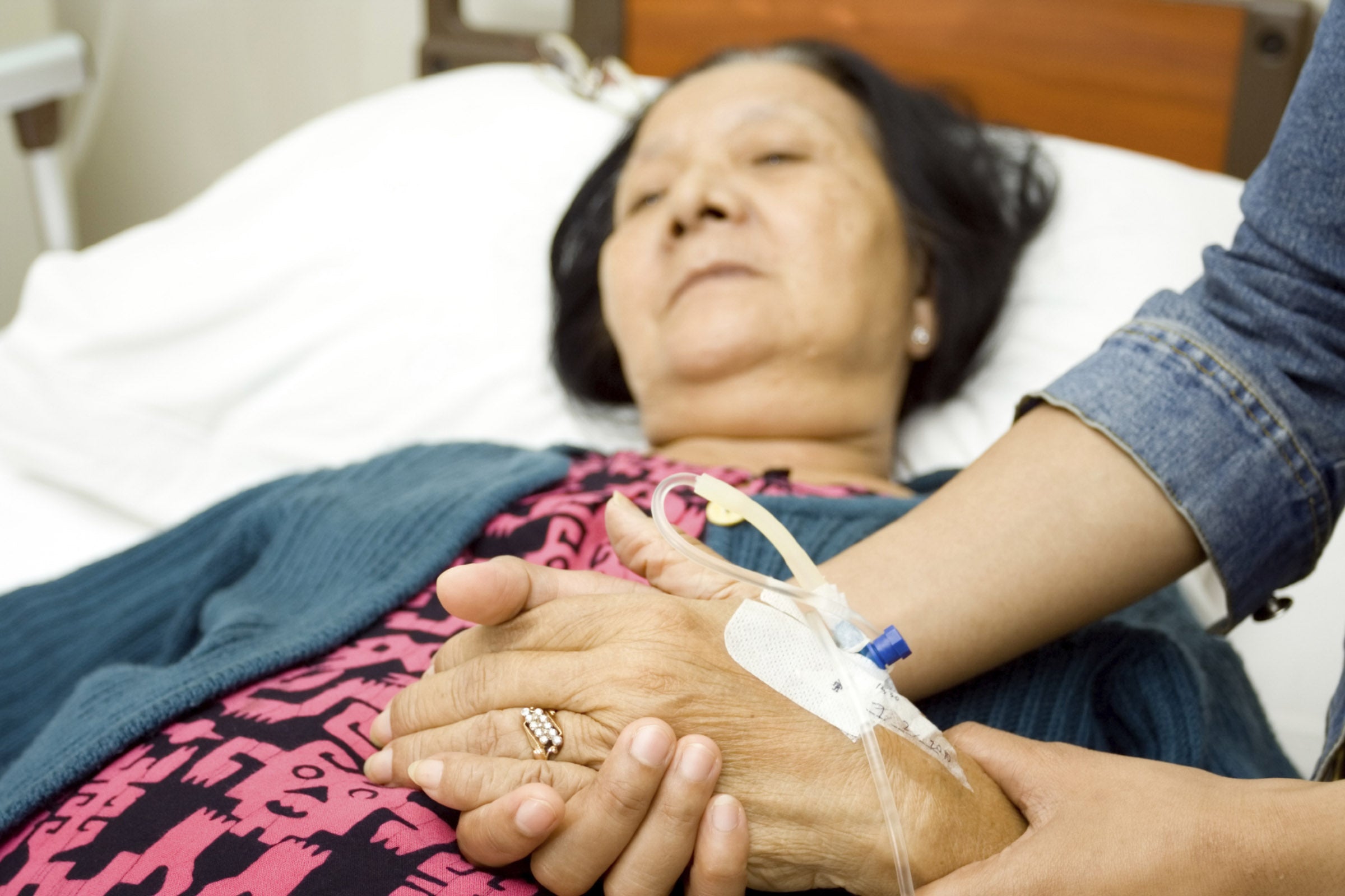
Palliative Care Access for Indigenous Populations: Removing Barriers and Reducing Disparities
Palliative care is a type of specialized medical care for patients living with terminal medical conditions. The goal of palliative care is to alleviate patients’ suffering and to improve their quality of life. Barriers to accessing healthcare include anything that inhibits patients from attaining the appropriate care they need.
Over the past decade, the implementation of palliative care programs has remained a growing trend in hospital services across North America. Although palliative care is traditionally provided in hospitals, newer healthcare delivery models may facilitate palliative care in nursing facilities, ambulatory settings, and through home-based care models.
Indigenous populations across North America face barriers to healthcare due to a combination of historical, social, economic, and systemic factors. Key barriers include historical trauma and distrust, remote or rural geography, economic disparities, cultural differences, systemic racism, and discrimination.
Overcoming barriers to palliative care among Indigenous populations may improve outcomes by leveraging an underutilized healthcare resource and may also help reduce serious disparities in healthcare outcomes across North America.
Evidence-Based Research
ECRI’s Clinical Evidence Assessment team supports clinicians and public health leaders by identifying the best available studies and practice guidelines on improving care quality and patient outcomes. A critical role in this process is the literature search strategies devised by our Master-level medical librarians. When applied to medical databases, such as PubMed and Embase, these search strategies can uncover valuable information that go undetected by public-facing search engines or AI chatbots.
For this topic, ECRI librarians identified 35 studies, including six systematic reviews, that discuss barriers to palliative care for Indigenous people across North America. A prevalent study type was qualitative interview studies, which highlights the most common way to identify barriers to accessing palliative care for Indigenous people by discussing barriers with patients directly or with their healthcare providers. Most literature stressed the importance of not making assumptions when discussing palliative care and to thoroughly discussing care plans with patients.
Removing Barriers
Here are several key takeaways from the studies we identified. Other barriers to care likely exist; however, these common themes emerged from the studies identified in ECRI’s review.
- Communication and Trust Issues: Effective palliative care for Indigenous people involves clear communication, cultural awareness, and community guidance. Studies revealed that open communication is essential to ensure understanding for both the patient and provider to develop appropriate care plans. Trust and respect are essential, but mistrust remains a significant barrier.
- Respect for Indigenous Cultural Beliefs: Respecting Indigenous cultural beliefs on death and dying and the need for culturally responsive care are crucial themes in palliative care for Indigenous people. Integrating Indigenous knowledge is also a key component to developing respectful care plans. Institutional and systemic barriers affect access and delivery of these services.
- Importance of Culturally Competent Practices: Culturally competent practices, such as symbolic gestures, anticipating barriers, deferring to clients and families, and shared decision-making, can improve palliative care for Indigenous patients. However, it is important to note that culturally competent practices are typically performed at the patient level and thus are just one step in decolonizing healthcare, and steps must be taken in conjunction to address systemic and institutional barriers.
- Common Preferences: One meta-syntheses study revealed that Indigenous people across four countries tended to have similar end-of-life preferences, including the preference to die close to or at home, to involve family, and to integrate cultural practices into their end-of-life care. Barriers include inaccessibility, affordability, lack of awareness, and perceptions of palliative care.
- End-of-Life Discussions: End-of-life discussions are important, and interview studies revealed that many Indigenous elders are open to discussing their care preferences and are interested in finding ways to integrate and preserve cultural traditions in their plans.
- Systemic Barriers: Institutional and systemic barriers, including lack of research funding, geographic isolation, and stringent government requirements, hinder effective palliative care for Indigenous people.
It is important to note that multiple barriers are often in place that need to be addressed at various levels to enable access to appropriate quality care. Systemic, institutional, provider-level, and patient-specific barriers all affect access to palliative care for Indigenous people.
Reducing Outcome Disparities
Outcome disparities in healthcare are inequities in the quality of healthcare delivered and the resulting outcomes due to social, racial, ethnic, economic, and environmental characteristics. Various strategies are being developed for patient populations to overcome barriers and decrease disparities for palliative care access. Here are several recommended methods for reducing outcome disparities in palliative care for Indigenous populations:
- Respecting Cultural Values: Discussing and incorporating patients' cultural values and priorities into advance care planning and ensuring that interventions are culturally appropriate and meaningful.
- Community Engagement: Engaging with the community and involving community members in the decision-making process to ensure that the care provided is relevant and respectful of cultural practices.
- Culturally Informed Provider Training: Providing training for healthcare providers that is informed by the cultural context of the Indigenous populations they serve.
- Educational Resources: Developing and disseminating culturally appropriate educational resources for patients, families, and healthcare providers.
- Collaborative Research Partnerships: Establishing research partnerships that are grounded in Indigenous ways of knowing and community-based participatory research methods.
ECRI members may access Clinical Evidence Assessments through ECRI’s web portal. Nonmembers may learn more about Clinical Evidence Assessment and request additional information.
